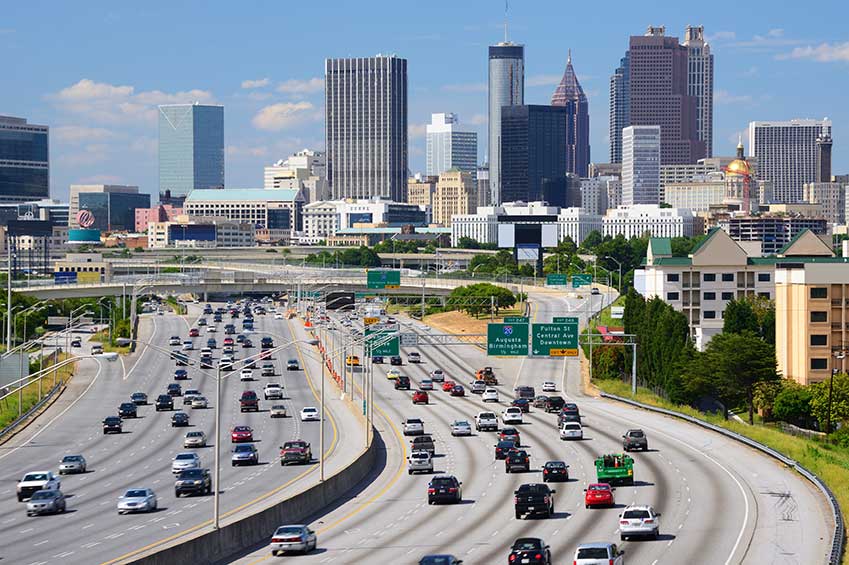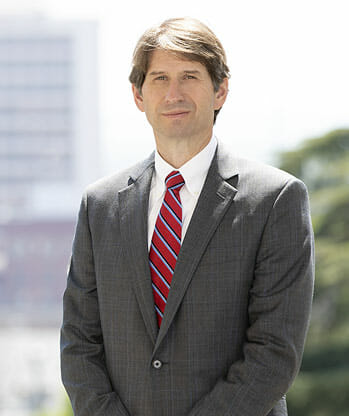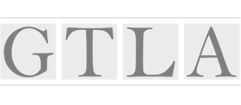Shattered glass. Crumpled metal. Deflated air bags. Traffic accidents that end with broken vehicles usually also end with broken bodies. The car insurance industry estimates that over the course of a typical driving lifetime, most people will have a total of three to four accidents. Over 30,000 people are killed in crashes each year in the United States and more than 2 million are injured, resulting in tens of billions of dollars in medical and work loss costs. But what about those injuries that you can’t see? Regardless of how much physical damage an accident causes to a vehicle or a person, every accident also has a mental damage component, and some are quite serious.
The emotional impact caused by an auto accident is often overlooked. If you’re suffering from mental problems due to another driver’s negligence, you may be entitled to compensation. Contact us for a thorough case evaluation by calling (478) 742-3381 or by filling our this form.
Car wrecks can cause a number of different injuries to virtually any part of your body, as well as your psychological well-being. Psychiatric injuries are very common in the aftermath of a car accident, whether a parking lot scrape or a multi-vehicle pile-up. Although not as visible as blood or broken bones, emotional distress is a real injury that requires real treatment, such as medication and psychotherapy. Common emotional reactions that qualify as emotional injuries include fear, depression, withdrawal, sadness, unhappiness, frustration, hopelessness, anger and irritability.
Acute Stress Reaction
The above symptoms can be signs of acute stress reaction. This is a reaction caused by a stressful event such as a serious car accident. The word ‘acute’ is key, because it means the symptoms come on suddenly and may not last long. The event is normally severe; an acute stress reaction can also occur after a major life crisis, such as the death of a loved one or a divorce. Acute stress reactions also have been seen in those who have experienced a terrorist attack or another major disaster. As well as the aforementioned emotional injuries and symptoms, these can be signs of an acute stress reaction after a vehicular collision:
- Flashbacks and recurring dreams of the car accident
- Avoiding anything about the car accident that can be a memory trigger. This can involve avoiding other people, conversations about the accident or certain activities that lead to anxiety and stress
- Aggressive or reckless behavior or self-destructive tendencies
- Feeling emotionally numb and unattached to other people
- Physical symptoms that include chest pain, headaches, trouble breathing, and nausea
Experts also note that you may be suffering from acute stress reaction if:
- You feel afraid all the time.
- You have difficulty thinking clearly.
- You have physical side effects, as mentioned above.
- You feel very fatigued.
- You have wide mood swings.
- You feel as if you are someone else.
- Your feeling of upset is unreasonably all-encompassing.
The symptoms of acute stress reaction usually are short-lived, but if they continue, you should talk to your doctor. It is possible that you could be suffering from post-traumatic stress disorder.
PTSD After Car Accidents
After suffering or witnessing a traumatic, stressful, or fear-inducing incident, some people develop the pathological anxiety disorder PTSD. Although it is commonly associated with soldiers returning from overseas combat, car accidents are one of the leading causes of PTSD nationwide. Those who suffer from PTSD are unable to properly turn off the fight-or-flight responses and anxieties linked back to the trauma, due to a change in the brain’s ability to shut off these reactions.
The following are the most common symptoms associated with PTSD:
- A new sense of a restricted future
- Concentration problems
- Detachment from others and from life
- Easily alarmed
- Emotionally numb
- Flashbacks
- Intense feelings of distress when the accident is mentioned
- Avoiding reminders of the crash
- Difficulty remembering certain aspects of the crash
- Hypervigilance
- Intrusive memories about the crash
- Irritability
- Bad dreams
- Sleeping problems
- Strong physical reactions when reminded of the accident (rapid breathing, heart pounding, etc.).
One of the most frustrating things about trying to identify and treat PTSD is that it manifests in different ways for different people. For some people, PTSD surfaces as nightmares; for others, as anxiety in crowds; and for yet others, as repeatedly reliving the traumatic event as though it were actually happening again. Additionally, PTSD may manifest within hours of the traumatic incident for some people, but in others it may not be apparent for days, weeks, or even years later.
Proving psychological injury in a personal injury claim is difficult. Therefore, it is absolutely essential to speak with a knowledgeable, experienced lawyer prior to taking any kind of legal action. Building a strong case by developing a clear connection between the trauma and the psychological damage that has occurred takes the legal skill of a seasoned professional. If you or a loved one has experienced psychological injury following a crash, the Mann Law Firm is here for you. Take the time to discuss your case with us by giving us a call or by filling out our online form. We will listen to your concerns, carefully analyze any possible legal claims and advise you of your rights. Schedule a free and confidential consultation with us today to find out how we can help you.

8 Laws Georgia Drivers Should Know
It can be hard to remember every single driving law that exists, especially if it’s been many years since you attended your driver’s education class. Georgia periodically updates its laws, which means there’s a good chance that some of the state’s more recent driving laws weren't even in existence when you first learned the rules of the r......



 Before leading his own firm, Mann served for several years as in-house defense counsel for a large insurance company, which gives him unique insight into how insurance companies work. He uses this critical knowledge as an advantage for his clients. He is a tough negotiator and litigator, and he is exceptionally strategic in building cases on behalf of personal injury victims.[
Before leading his own firm, Mann served for several years as in-house defense counsel for a large insurance company, which gives him unique insight into how insurance companies work. He uses this critical knowledge as an advantage for his clients. He is a tough negotiator and litigator, and he is exceptionally strategic in building cases on behalf of personal injury victims.[ 




